Every time you tap on a Google app, you’re feeding a data-hungry machine that watches your every move. If that doesn’t sit well with you, it’s time to break up. Luckily, there are plenty of alternatives, and many are even better experiences.
6
Ditch Gmail for Proton Mail
Gmail has earned the title of the most popular email provider, and it’s easy to see why. It’s fast, familiar, and makes it easy to manage messages, schedules, and confirmations. From receipts and travel plans to meeting invites, everything lands exactly where it belongs. But behind that smooth experience is a deeper trade-off: your inbox quietly gathers clues about your routines, interests, and personal life.
Confirmation emails reveal what you’re buying, itineraries show where you’re headed, and subscriptions highlight your habits and preferences. Over time, all this information helps Google build a profile of your online habits, which it uses to deliver targeted ads and hyper-personalize your digital experience.
Proton Mail takes a different approach. It’s built around privacy, not profiling. Every email you send is end-to-end encrypted, meaning no one, not even Proton, can read your messages. What you share stays between you and the intended recipient, with no third-party scanning or algorithmic filtering in the background. Unlike services that use your data to stay free, Proton’s model is simple: you’re not the product; you’re the priority.
The company is headquartered in Switzerland, which is a major advantage for anyone serious about privacy. Unlike firms based in the US or other surveillance-heavy regions, Proton operates under strict Swiss privacy laws, which make it extremely difficult for outside authorities to access your data.
And even if a request is made, Proton simply can’t hand over what it can’t read or decrypt. It’s easily one of the best alternatives to the Gmail app and Gmail itself.
Download: Proton Mail (Free, subscription available)
5
Swap Google Maps for Organic Maps
Ever feel like Google knows too much about you? It probably does. Google Maps tracks your location, routes, and even how often you visit places. That data helps Google target you with ads, which is unsettling when you think about it. If you’d rather not be tracked, try Organic Maps, a free, open-source navigation app focused on privacy and offline access.
Organic Maps is essentially Google Maps without surveillance. It uses community-driven OpenStreetMap data for detailed maps and turn-by-turn directions, but never tracks or shares your location. There are no ads, no tracking, and no data collection processes in the app. In fact, you can download maps ahead of time, navigate, search for places, and never even need a SIM card or an internet connection. You get where you’re going—and only you know where that is.
Despite being privacy-first, Organic Maps doesn’t skimp on features. It shows walking, cycling, and driving routes with voice guidance, and even supports hiking trails with contour lines. You can search offline, bookmark locations, and use dark mode for night navigation. What you won’t get are some of Google’s extras, like live traffic updates or business reviews, but many find it a worthwhile trade-off. It’s easy to install, requires no sign-up, and keeps your data private.
Download: Organic Maps for Android | iOS (Free)
4
Drop Chrome for Brave
Using Chrome can feel like leaving your front door open. Sure, it’s fast and convenient, but as an advertising company, Google uses Chrome to collect your data and fuel its ad business. If that makes you uneasy, Brave offers a refreshing alternative that puts your privacy first.
Brave runs on the Chromium engine, so it looks and works just like Chrome. You can use all your favorite extensions, and everything runs smoothly on your desktop. The main difference is that Brave blocks ads, trackers, fingerprinting scripts, and invasive cookies before they even hit your screen. It also includes features Chrome doesn’t have, like Tor mode for private browsing, a VPN for mobile, and a clean reader view to help you stay focused.
Brave also offers its own privacy-focused search engine and even an AI assistant. Together, they give you more reasons to browse without Google looking over your shoulder. And if you opt in, Brave Rewards lets you earn from ads that actually protect your privacy. With Brave, the browser finally works for you, not for advertisers.
Download: Brave (Free)
3
Replace Google Photos With Immich
Your photos tell the story of your life, so why let Google control the narrative? Sure, Google Photos offers convenience with automatic backups and smart organization, but that convenience comes at a cost: your privacy. Every photo you upload gets scanned for faces, places, and objects, contributing to the profile Google builds on your habits and preferences. Even your most personal moments—family gatherings, birthdays, vacations—become more data for the company to analyze.
If you’d rather keep those memories private, Immich is a sleek, fully self-hosted solution. Instead of uploading everything to Google’s servers, it lets you store your photos on your own hardware, such as a home NAS (Network Attached Storage), a VPS (Virtual Private Server), or even a Raspberry Pi.
Once it’s up and running, Immich works quietly in the background, automatically backing up your photos and organizing them by date, location, and face. It even comes with smart AI tools like object detection and a beautiful map view, all processed locally; your data never leaves your control. You can create albums, mark favorites, share collections, and search offline with impressive speed.
The interface is clean and modern. Its layout feels familiar and easy to navigate, even if you’re new to self-hosted apps. And it keeps getting better, thanks to a passionate open-source community that truly values your privacy. You can support the project if you want, but it’s otherwise available for free.
Download: Immich (Free)
2
Ditch Google Calendar for Proton Calendar
Your calendar is more than just dates and reminders; it’s a quiet record of your life. From work calls and doctor visits to bill deadlines and birthdays, it reflects your routines and priorities. It knows when you’re free, busy, or away from your desk. And if you’re using Google Calendar, all of that data is stored on servers where Google can access it. In a world where Google knows what you’re doing every Tuesday at 10 AM, that’s more exposure than most people realize.
Proton Calendar offers a private way to stay organized. Built by the team behind Proton Mail, it uses strong encryption to protect your data. Everything—titles, descriptions, participants, and locations—is encrypted on your device before it reaches Proton’s servers. Even Proton can’t see your schedule.
The app also integrates neatly with Proton Mail, so when you receive a flight confirmation or meeting invite, you can add it to your calendar with a single click. And if you’re coming from Google, Proton provides an import tool called Easy Switch, which lets you transfer all your events without rebuilding your schedule from scratch.
Where Google Calendar mines your data to push smart suggestions or prompts, Proton Calendar respects your privacy. No nudges, no tracking, no silent profiling. Just your calendar, your plans, and your privacy. If your schedule is as personal as your conversations, it deserves the same level of protection. Proton Calendar makes sure it gets exactly that.
Download: Proton Calendar (Free, subscription available)
1
Replace Google Drive With MEGA
Cloud storage should feel like a digital safe, not a window into your personal files. Google Drive makes it easy to upload, sync, and share documents, but that simplicity comes with a hidden cost. Google can scan the contents of your files, whether they’re photos, PDFs, or personal notes, and use that data for policy decisions or to improve its services. Ultimately, your files might not feel like they’re entirely yours anymore.
That’s where MEGA comes in with a more privacy-friendly approach. With end-to-end encryption turned on by default, your files are encrypted right on your device before they ever leave it. Only you have the decryption key, so even MEGA can’t access your data. Your documents, photos, and backups stay 100% private.
Beyond privacy, MEGA is also generous with storage. The free plan starts at 20GB, giving it an edge over Google Drive’s 15GB. And if you need more, paid plans scale up to 16TB. On top of that, MEGA includes practical features like file versioning, selective sync, and secure sharing with password protection and expiration links.
You can access MEGA across all major platforms: Windows, macOS, Linux, Android, iOS, and the web. Sure, it doesn’t have real-time editing like Google Docs, but it offers file previews, secure messaging, and a clean, easy-to-use interface built for private, reliable storage.
Download: MEGA (Free, subscription available)
These are the Google apps you can swap out to get more privacy and control. Start with the ones that matter most to you, and pretty soon, you’ll be wondering why you didn’t make the switch sooner.


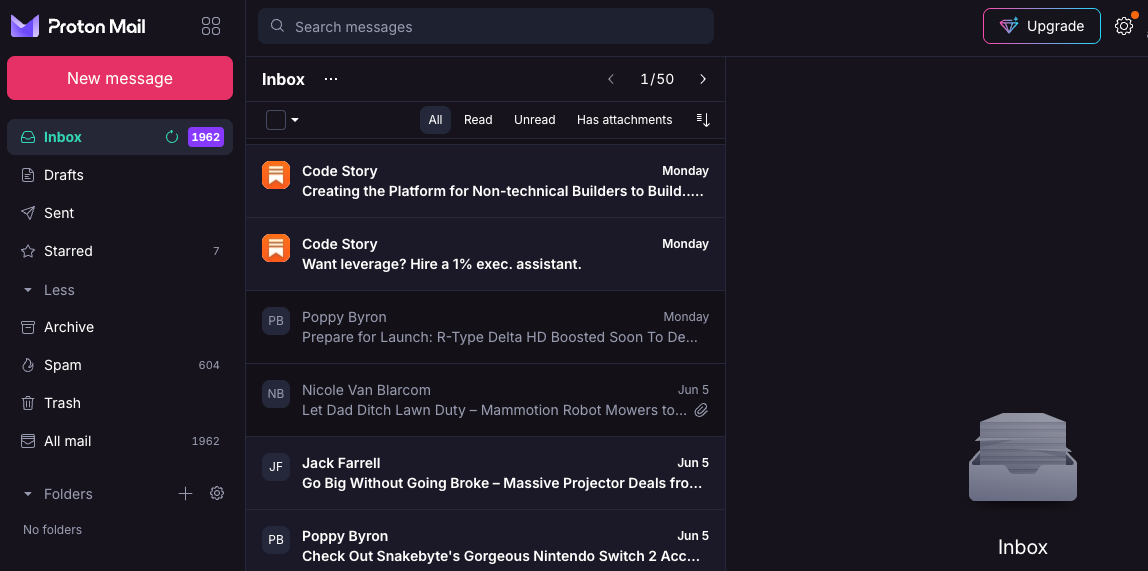
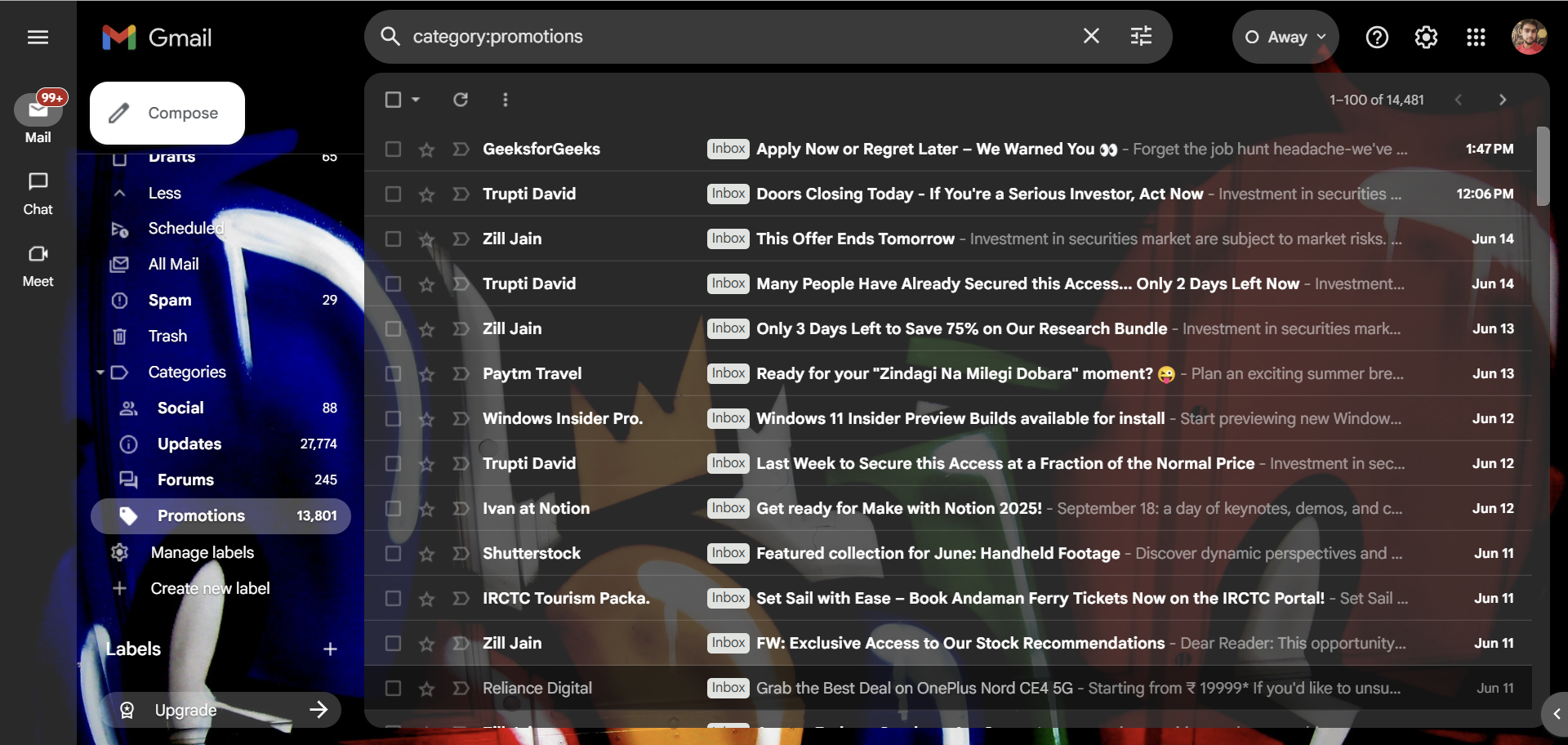
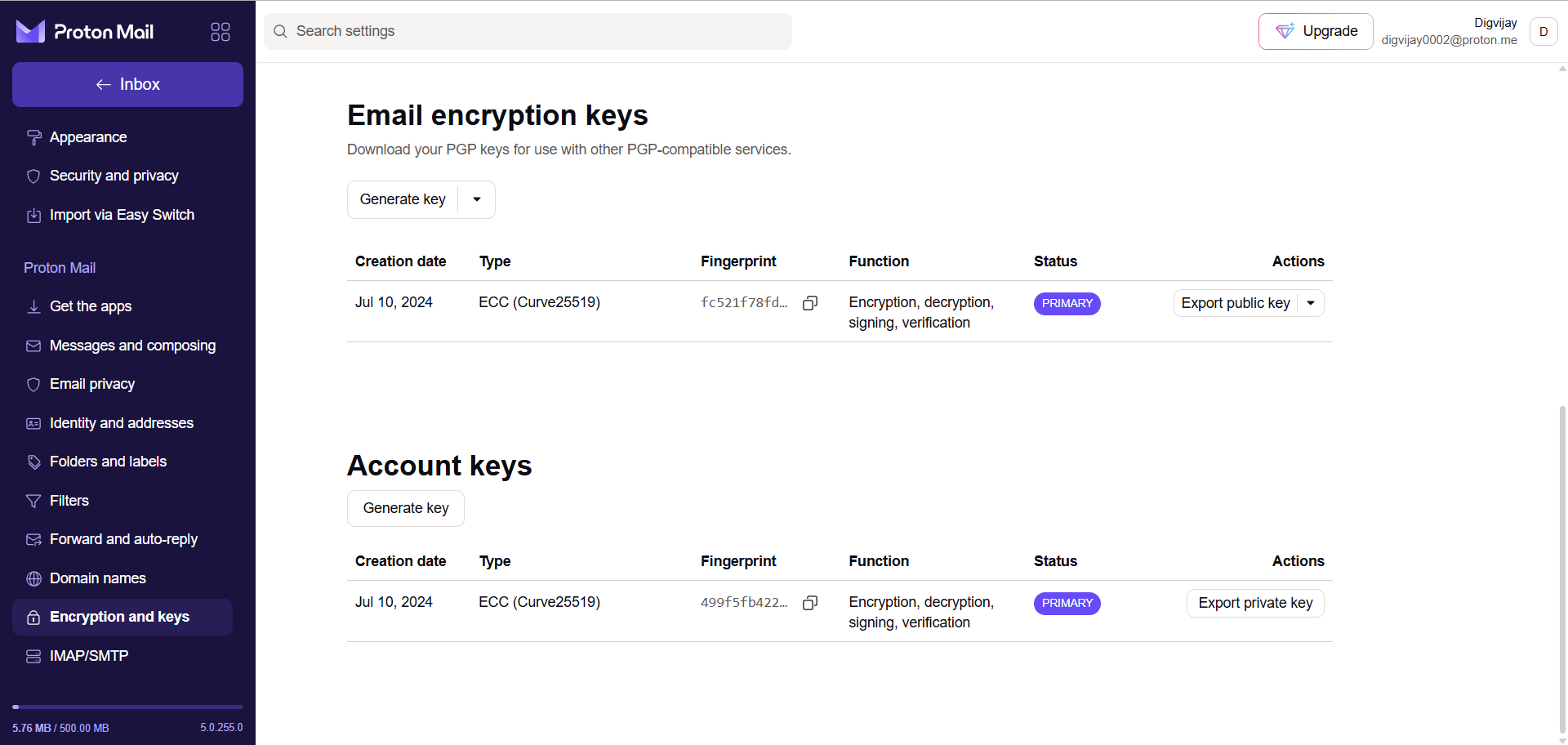
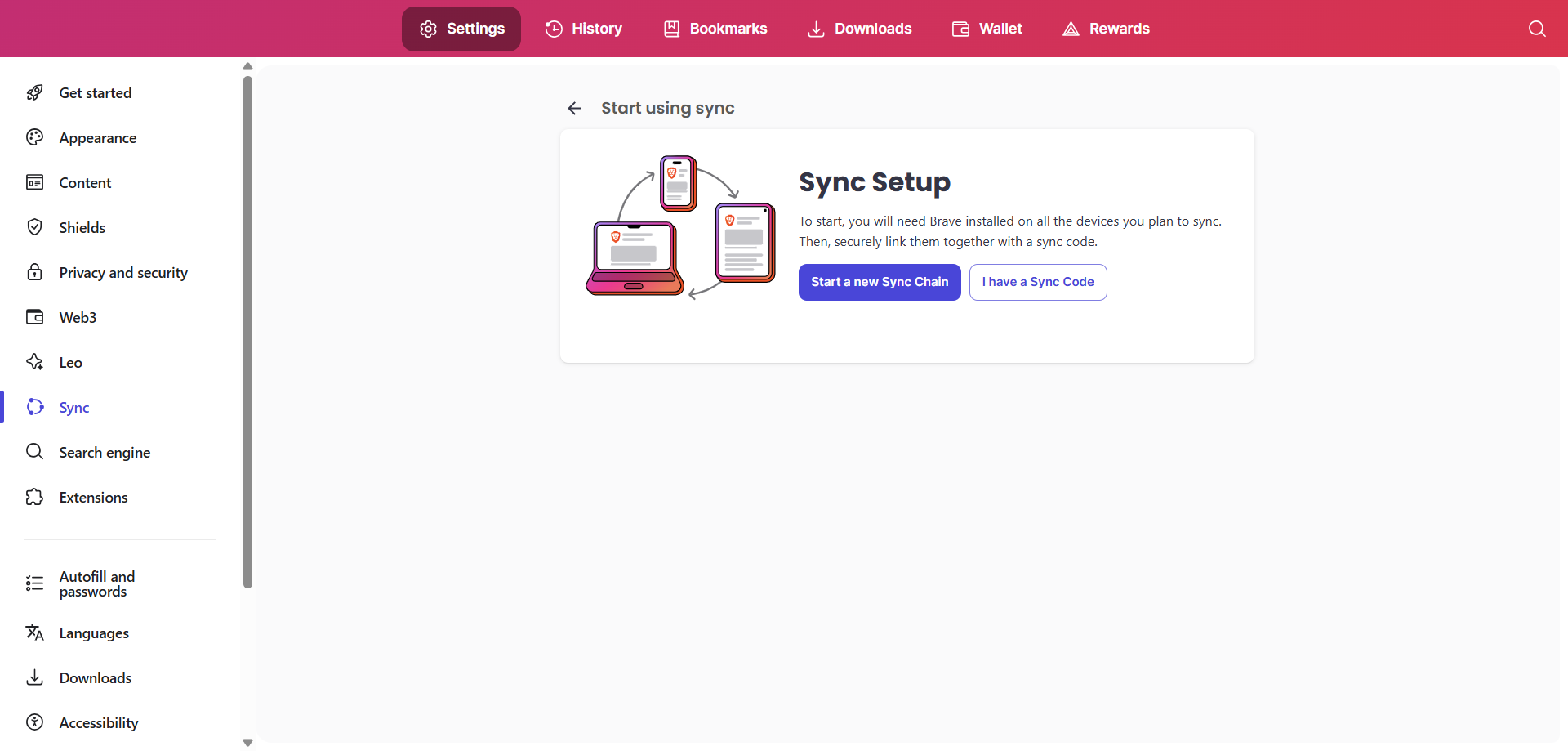
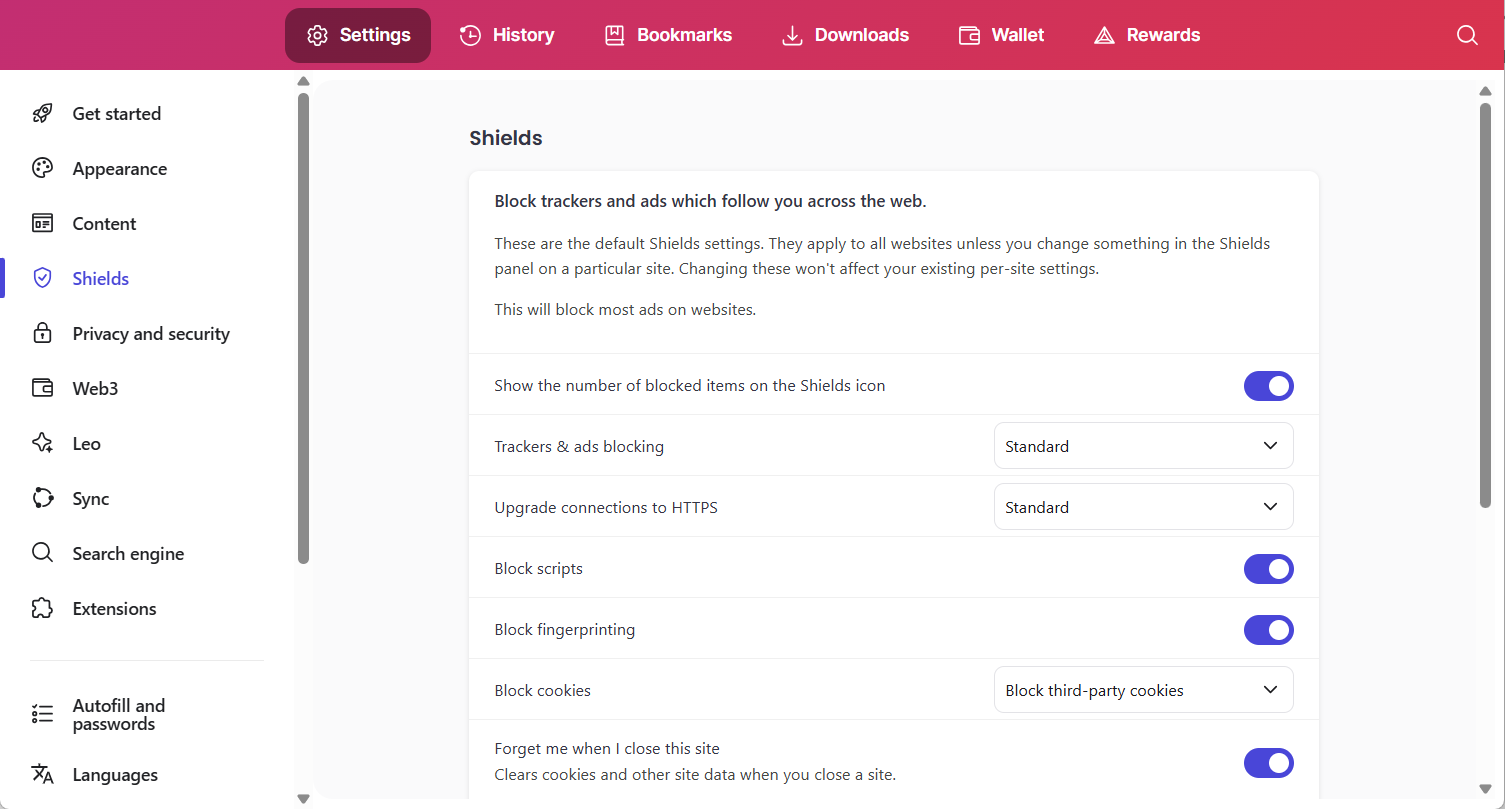
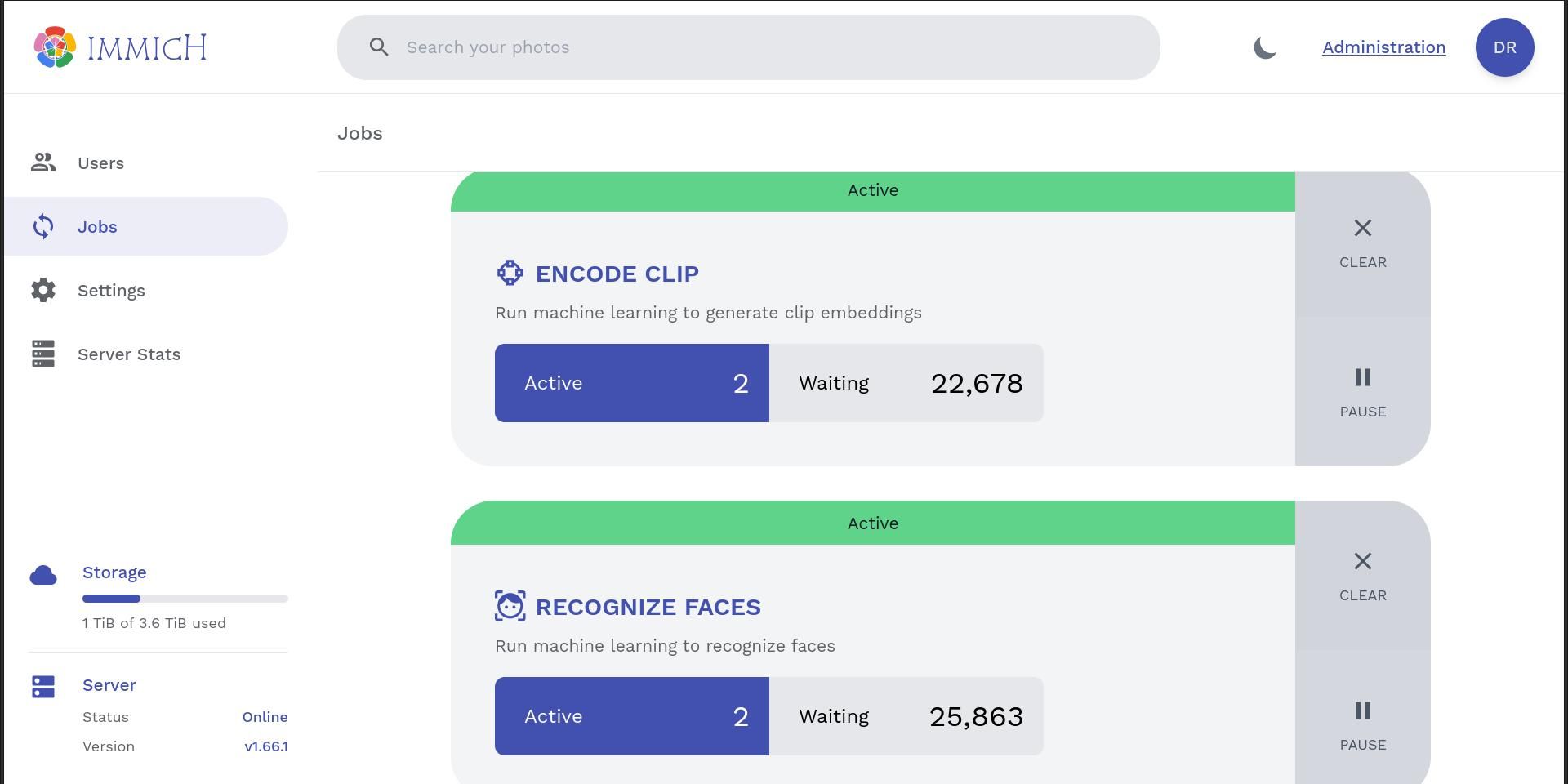
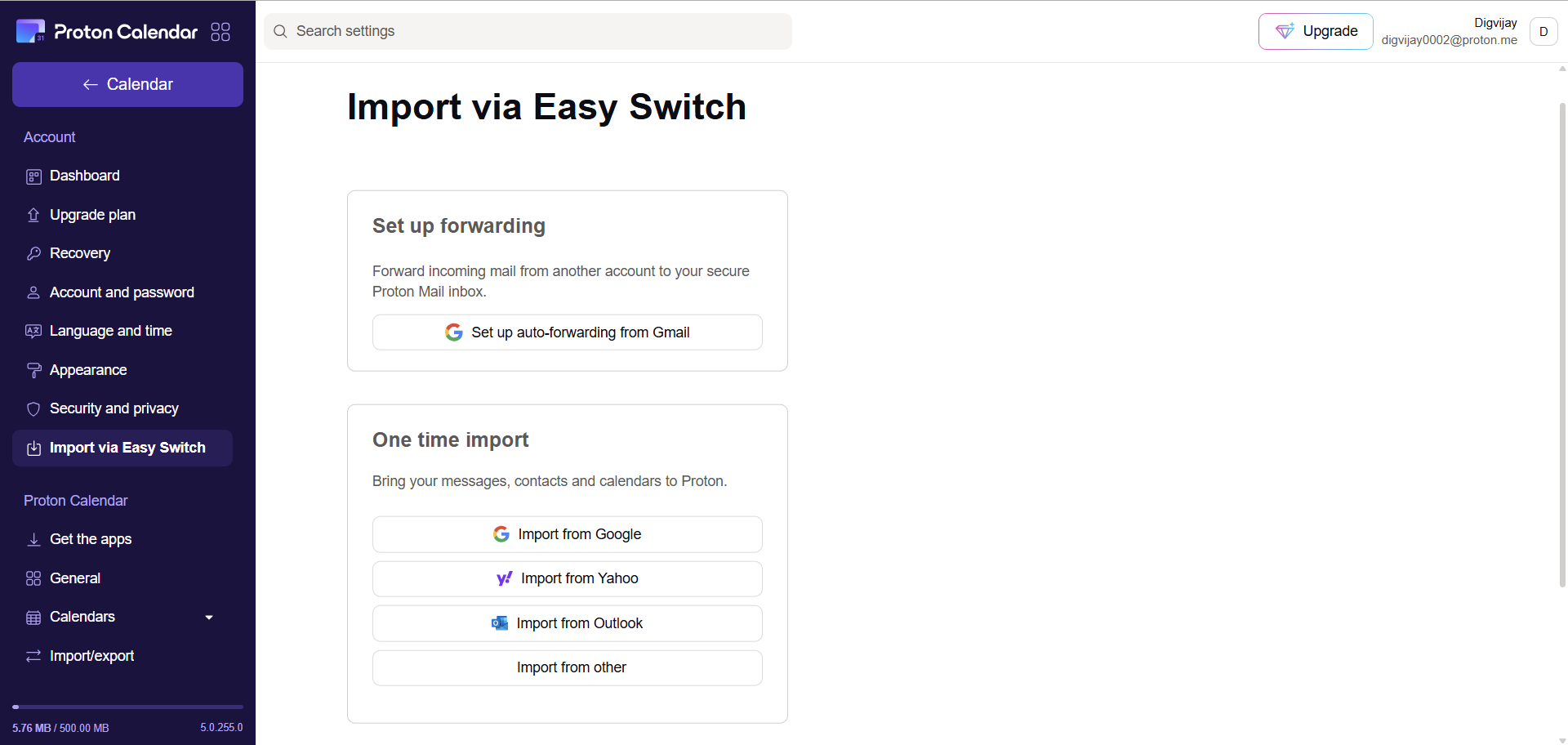
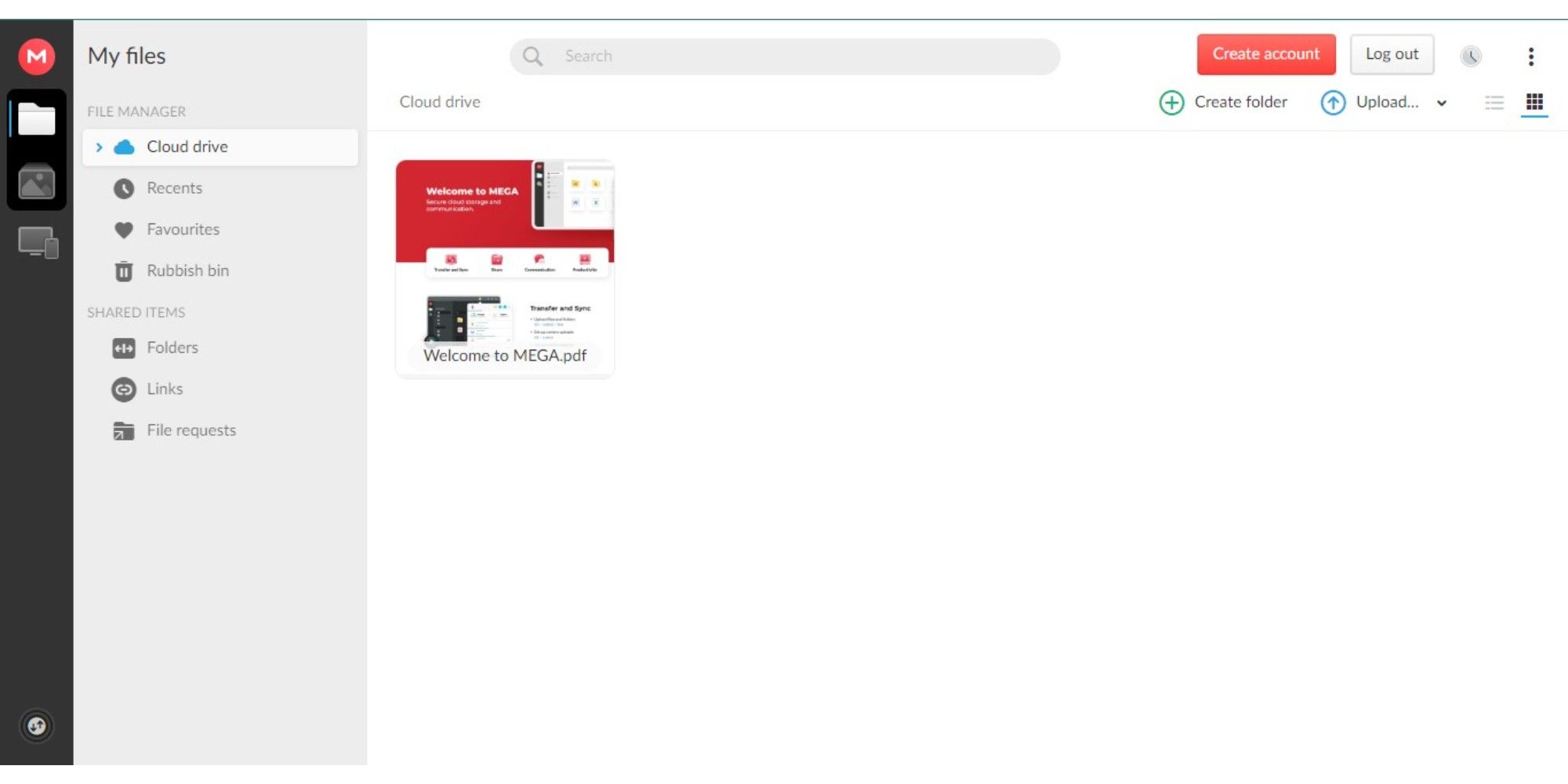





Leave a Comment
Your email address will not be published. Required fields are marked *